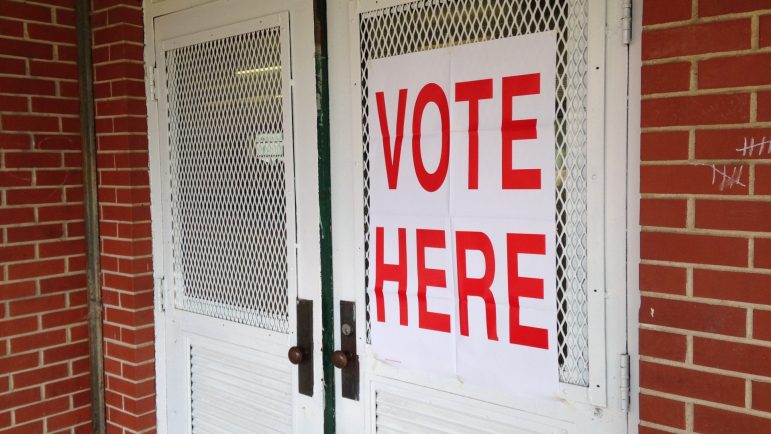Two statewide amendments on the November ballot have already generated debate among legal scholars. One involves the public display of the Ten Commandments. That’s the same issue that led to the removal of former Alabama Chief Justice Roy Moore from the bench in 2003. The other amendment deals with abortion. Approval of these measures could potentially set the stage for future legal challenges.
Amendment One
“Proposing an amendment to the Constitution of Alabama of 1901, providing for certain religious rights and liberties; authorizing the display of the Ten Commandments on state property and property owned or administrated by a public school or public body; and prohibiting the expenditure of public funds in defense of the constitutionality of this amendment.”
The courts do allow for public displays of the Ten Commandments, but not in all cases.
“It all has to do with intent,” Steven Brown, an Auburn University political science professor, says.
Brown says if the Ten Commandments display is included among various items in the context of law or history, it probably would be constitutional.
“But if it’s religion and you’re just going to pepper it with all these things around it to make it look like it’s a law display, if the intent behind it all along was a religious intent, then I think it will be suspect,” Brown says.
Brown notes it’s curious the amendment includes language prohibiting the use of public funds to defend against a legal challenge. He says lawmakers who supported the measure may be counting on an outside group to defend the amendment in a potential lawsuit.
Amendment Two
“Proposing an amendment to the Constitution of Alabama of 1901, as amended; to declare and otherwise affirm that it is the public policy of this state to recognize and support the sanctity of unborn life and the rights of unborn children, most importantly the right to life in all manners and measures appropriate and lawful; and to provide that the constitution of this state does not protect the right to abortion or require the funding of abortion.”
Brown says the right to an abortion has been clearly established by the U.S. Supreme Court through the 1973 Roe v. Wade and the 1992 Planned Parenthood v. Casey decisions.
“In my opinion, this amendment right now on its face is actually unconstitutional,” Brown says. “It will be challenged and as long as those previous precedents stand, I think it will fail.”
Brown says proponents appear to be banking on the U.S. Supreme Court ruling differently in a future abortion case. The high court is seen as taking a rightward tact with the addition of Republican appointees judges Neil Gorsuch and Brett Kavanaugh. But Brown says just because the newest justices were Republican appointees, that doesn’t necessarily mean they’ll overturn earlier precedent establishing abortion rights.
There are two other statewide constitutional amendments. They relate to the University of Alabama Board of Trustees and special elections when legislative seats are vacated.
You can read summaries and analysis of all the statewide constitutional amendments from the Public Affairs Research Council of Alabama.
Summaries of the statewide constitutional amendments are also available from the state’s Fair Ballot Commission.

